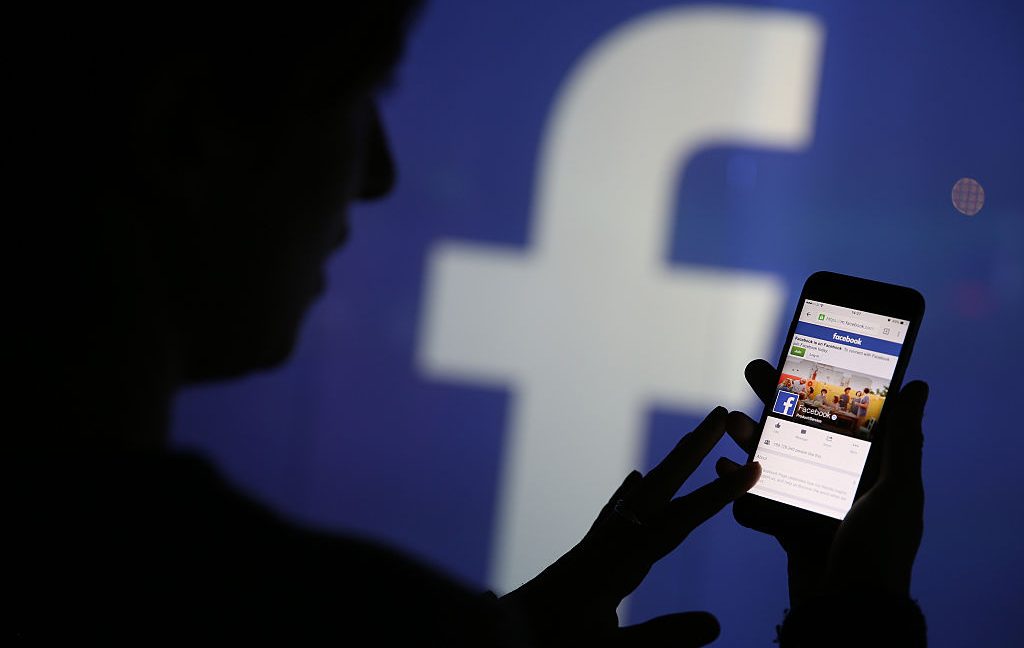
The vast majority of people these days use some form of social media, but some develop what’s known as problematic social media use (PSMU). It’s not yet deemed a clinical addiction, but it does share some symptoms with addiction and substance abuse disorders. And according to a new paper published in the journal PLoS ONE, someone who exhibits PSMU is also more likely to believe in—and share—fake news online, contributing to the rampant spread of misinformation that is the bane of the 21st-century Internet.
“If someone struggles with a substance dependency, it’s the decision-making process in their brain where they have difficulties stopping,” co-author Dar Meshi of Michigan State University told Ars. They take their drug and have a negative outcome: get a DUI or crash their car. Most people learn from a bad outcome and don’t do it again, but someone with a substance use disorder continues to do that action.”
In the case of PSMU, someone might feel bad if they are unable to access social media for an extended period (withdrawal), or their use of social media might lead to losing a job, poor grades, or mental health issues.
Meshi specializes in risky decision-making, impulsivity, and PSMU; his co-author and MSU colleague Maria Molina researches misinformation and disinformation. The two were chatting one day, and Meshi mentioned that he’d found in his research that problematic social media users were typically more impulsive and took more risks than average. He thought there might be an interesting link.
Perhaps people with PSMU might also be more likely to engage with, or believe in and propagate, online misinformation “because their risk evaluation is a little bit different than a neurotypical person,” he said. (Misinformation is fake or false news that is unintentionally distributed; disinformation is when it is intentionally spread, explicitly to deceive.)
Their study looked at subjects’ propensity to believe fake news by measuring actions, such as clicking on a link or liking, sharing, or commenting on posts. Meshi and Molina recruited 189 college students who completed a questionnaire about their social media habits.

